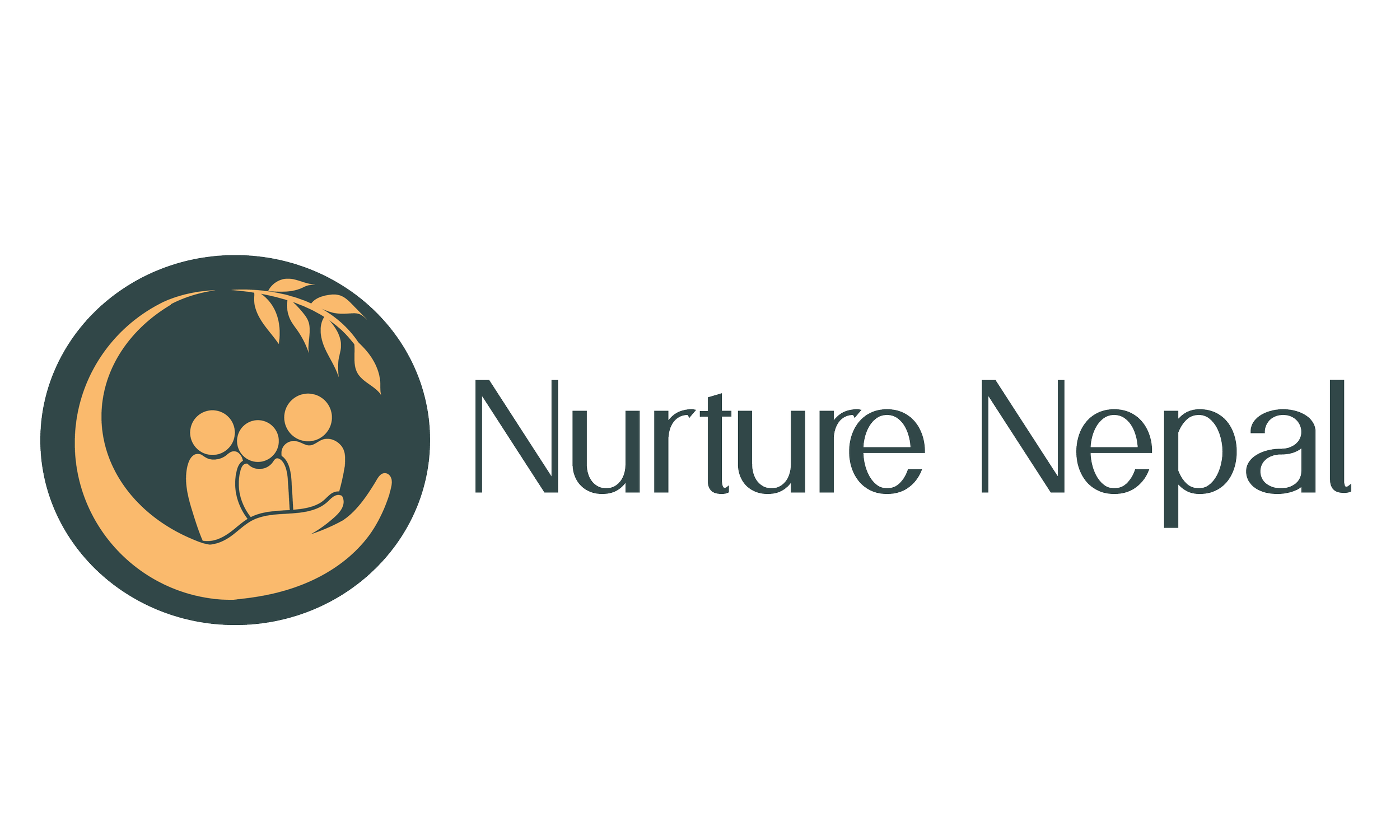Our Mission
Our mission is to relieve hardship and inspire hope for deprived people in Nepal by giving them opportunities to transform their lives for a better future.
Our vision
We want to see a world where:
Poverty and hardship are overcome and everyone’s basic needs are met;
Gender, ethnicity and social status do not stop people from having a good education;
Girls and women have access to high-quality educational facilities which in turn will give them a chance to become self-sufficient;
Women are recognised in Nepali society and they are able to educate their sons and daughters equally;
Individuals seek to change and develop their communities so that they thrive
Where do we work?
Nepal is considered one of the poorest countries in the world and, according to the Human Development Report, 25% of Nepal’s population is living on less than US$1 per day. According to UNICEF 80% of adults are less educated and have only completed primary level education. Also in the 2 districts that we work in, Kailali and Bardiay, the average literacy rate is 25%.
Typically in Nepal, the husband is fully responsible for financially supporting his immediate family which includes not only his wife and children, but parents and any siblings who haven’t yet married. He can be supporting 7-10 people on his wage alone. For a family living on a very low wage, this can be extremely challenging and more often than not children have to work instead of going to school and daughters are often married off young.
More often than not those from poor families are more likely to drop out of education because they need to help provide money for their families or help farm the land in order to eat and survive.
In Nepal, girls are often considered inferior and seen as a “burden” in society, which will only be lightened when they marry. This comes from the understanding that sons stay with and financially support their parents, whereas girls move out to live with their husband. According to UNICEF, 41% of Nepali girls are married before their 18th birthday, and it is more likely for girls to marry before 18 if they come from poor and less educated families. Girls and women from minority groups suffer many forms of discriminatation based on caste and gender which makes them vulnerable and disadvantaged.
Who do we support?
Nurture Nepal work specifically with minority groups like the Tharu people, an ethnic group indigenous to the Teria in southern Nepal, who have a low-status in society. Many people from this group are uneducated and have a low-income, and are only expected to provide manual labour. They live in under-development areas in socially and economically disadvantaged communities.
Why do we support?
Nurture Nepal believe that education is a powerful tool to give people the chance to have more opportunities in life and to reach their potential. We believe it helps give them a fair chance of getting a good job, lifting them out of poverty and developing their communities.
We believe in supporting girls and women, as educating girls is not seen as a priority and marriage is preferred. We strongly believe that by gaining a good education it will not just further their life expectancies but empower them and improve their own community.
A further education will not just further their life expectancies but will help lift them up in society so they go on to be healthy and prosperous.
Nurture Nepal knows the importance of immediate medical care especially in rural villages. We know of people who have sadly lost their lives due to a lack of ambulances and also to a lack of knowledge from local people of what to do in an emergency.
We know that the financial struggles are very real, and there are few opportunities for social and economic advancement for those from uneducated backgrounds. We value individuals as unique and deserving of opportunities.
Our story
We are a small group of people, mainly from Nepal and the UK who want to make a difference in Nepal. Most of us live in Nepal, and one is married to a Nepali. We have all seen inequalities and injustices in the world, particularly in some of the poorer countries like Nepal, and wanted to help the deprived and marginalised in society.
In 2014 there was only one member of our group. He started to give leadership training to local leaders and through working with other people, a small team developed. We began fundraising and starting other projects and were joined with a friend from America. We started supporting students to enable them to access higher quality educational facilities as well as give them teaching in different areas.
In 2020 we felt it was important to formalise our work, and with the help and support of family and friends we registered as a Charity and Nurture Nepal came into existence.
We are now expanding our community development projects, and have big visions of how to help more people, and transform rural communities.

